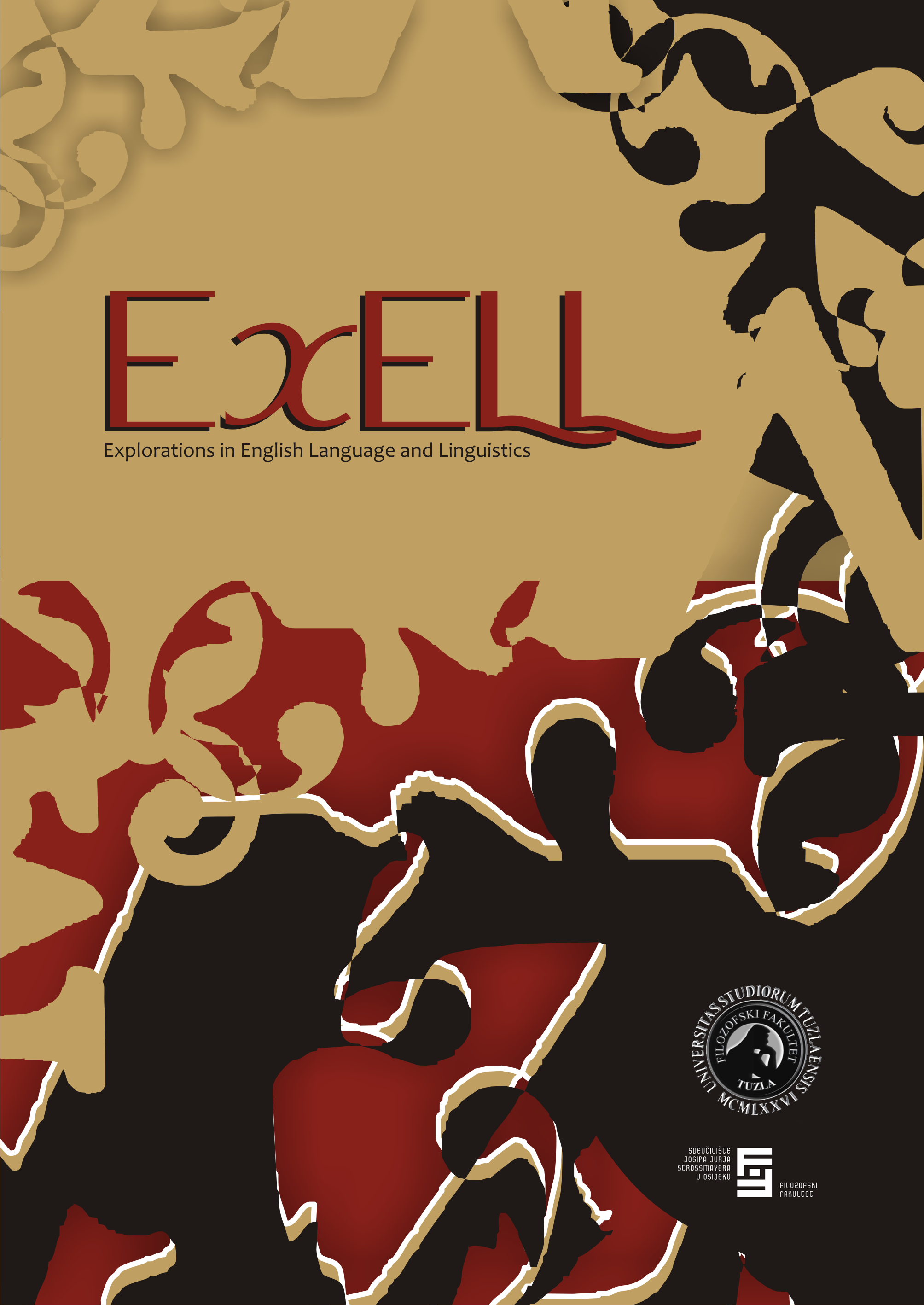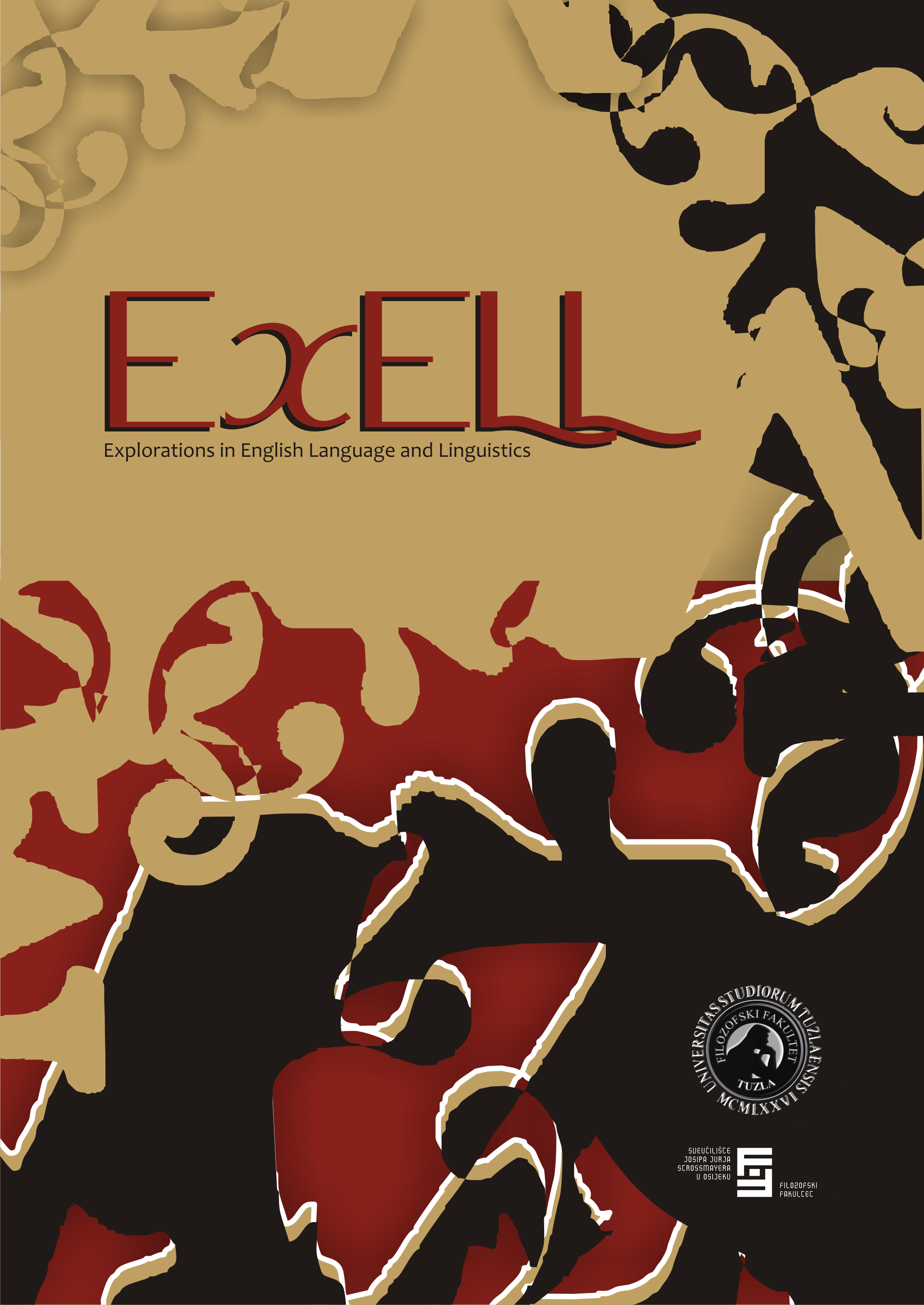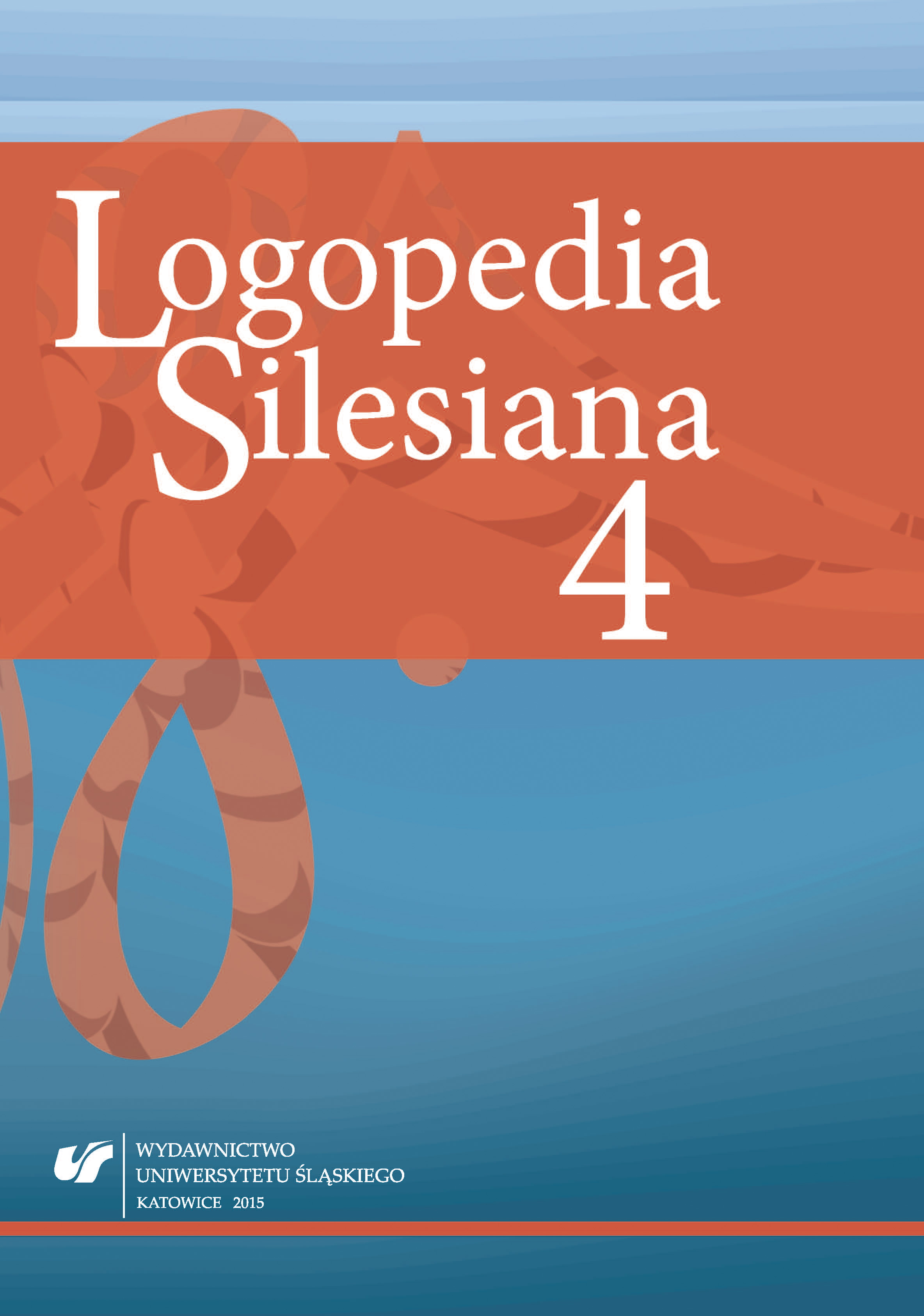
ANXIETY between mind and society: a corpus-driven cross-cultural study of conceptual metaphors
This study examines the possibility of using corpus-driven quantitative techniques to describe emotion concepts. It examines the concept of ANXIETYin American English, British English, Japanese and Swedish. In Cognitive Linguistics, the description of emotion concepts, based on lexical semantics, is done with the analytical framework of the Idealised Cognitive Model and the Theory of Conceptual Metaphors. Despite the descriptive power of this approach, it does not produce falsifiable results and does not account for social variation. Multifactorial Usage-Feature Analysis takes the theory and analytical assumptions of this tradition and provides a means for empirically testing proposed conceptual structures as well as interpreting them relative to social-cultural variation. The case study focuses on four conceptual metaphors associated with the concept of anxiety and a range of causes of the emotion state. It examines the relationship between the different causes and the metaphors relative to the four cultures. Although the metaphors and the causes exist in all four cultures, the use of multivariate statistics in the form of correspondence analysis, factor analysis and multinomial logistic regression, produce distinctive profiles for the cultures in question. The use of the conceptual metaphors in the three languages shows that British and American are essentially identical. Although distinct, relative to Japanese, Swedish is similar to English. Japanese’s profile is the most distinct of the three in its metaphoric structuring of the emotion concept.
More...

